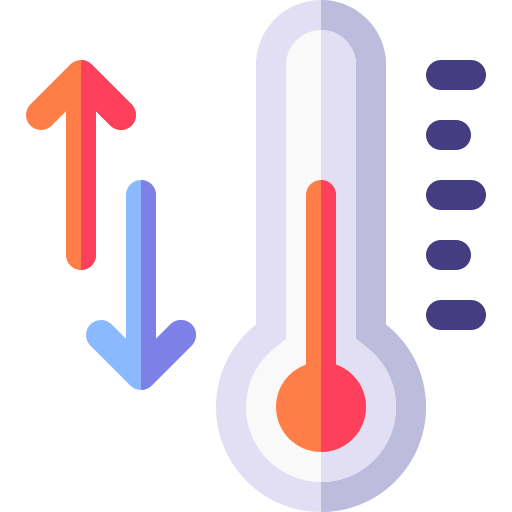
QUantum Sensing
Quantum sensing is a technology that uses quantum properties to detect and measure physical quantities such as magnetic fields, electric fields, temperature, pressure, and acceleration. It relies on the principles of quantum mechanics, which allow for extremely precise measurements and the ability to detect weak signals. Quantum sensors typically use systems such as trapped ions, superconducting circuits, or quantum dots to achieve this level of precision.
Compared to current sensing technologies, such as classical sensors based on electronic or mechanical systems, quantum sensors offer several advantages. Quantum sensors are typically more accurate, more sensitive, and less prone to interference. They can also detect and measure physical quantities that are difficult or impossible to measure with classical sensors, such as weak magnetic fields or small changes in temperature.
Quantum sensing improves the accuracy of sensors by exploiting quantum coherence and entanglement, which allow for the measurement of physical quantities with very high precision. For example, a quantum sensor based on trapped ions can measure magnetic fields with a precision that is 100 times better than the best classical sensors.
The applications of quantum sensing are numerous and diverse. Some examples include:
- Medical imaging: Quantum sensors can be used in magnetic resonance imaging (MRI) to improve the accuracy and resolution of images.
- Navigation: Quantum sensors, such as gyroscopes, can be used in navigation systems to improve accuracy and reduce errors.
- Geophysics: Quantum sensors can study the Earth’s magnetic field and detect underground resources such as oil or minerals.
- Aerospace: Quantum sensors can be used in space missions, such as detecting gravitational waves or measuring the position and velocity of spacecraft.
The latest research in this field focuses on developing new types of quantum sensors and improving their performance. Researchers are exploring different quantum systems, such as nitrogen-vacancy centers in diamonds, to achieve better sensitivity and accuracy. They are also working on integrating quantum sensors into practical devices and techniques, such as smartphones or drones. Furthermore, researchers are investigating the potential of quantum sensing for new applications, such as detecting bioelectric fields or monitoring the environment.
Several companies and university centers are currently working in the quantum sensing field. Here are a few examples:
1. QuTech: A research center at Delft University of Technology in the Netherlands focused on developing quantum technology, including quantum sensing.
2. IonQ is a quantum computing company developing quantum sensors for applications in fields like medicine and defense.
3. ColdQuanta is a company developing commercial quantum sensors for use in fields like oil and gas exploration, defense, and mineral exploration.
4. University of Colorado Boulder: The university’s JILA Institute is a leader in quantum sensing research, focusing on using quantum systems to measure gravity and other fundamental forces.
5. Harvard University: The university’s Center for Nanoscale Systems has a Quantum Sensing and Imaging group developing new quantum sensing techniques.
6. University of Vienna: The university’s Faculty of Physics has a Quantum Optics, Quantum Nanophysics, and Quantum Information group working on quantum sensing and related technologies.
7. Honeywell Quantum Solutions: A subsidiary of Honeywell International, this company is focused on developing quantum sensors for applications in fields like navigation, mineral exploration, and defense.
8. Oxford Instruments: This UK-based company is developing quantum sensing technology for use in fields like medical imaging, materials science, and environmental monitoring.
9. PsiQuantum: A California-based company that is developing a commercial-scale quantum computer and quantum sensors for use in fields like drug discovery and energy.
10. Zurich Instruments: This Swiss company is developing quantum sensors for scientific research, including atomic and molecular physics applications.
11. Rigetti Computing: This US-based company is developing quantum computing technology and quantum sensors for use in fields like precision agriculture and environmental monitoring.
These are just a few examples of the many companies worldwide working on quantum sensing research and development.
I will share some code with you on implementing a quantum sensor in the upcoming posts. This will help to demonstrate its mechanics and highlight how it can enhance measurement.
